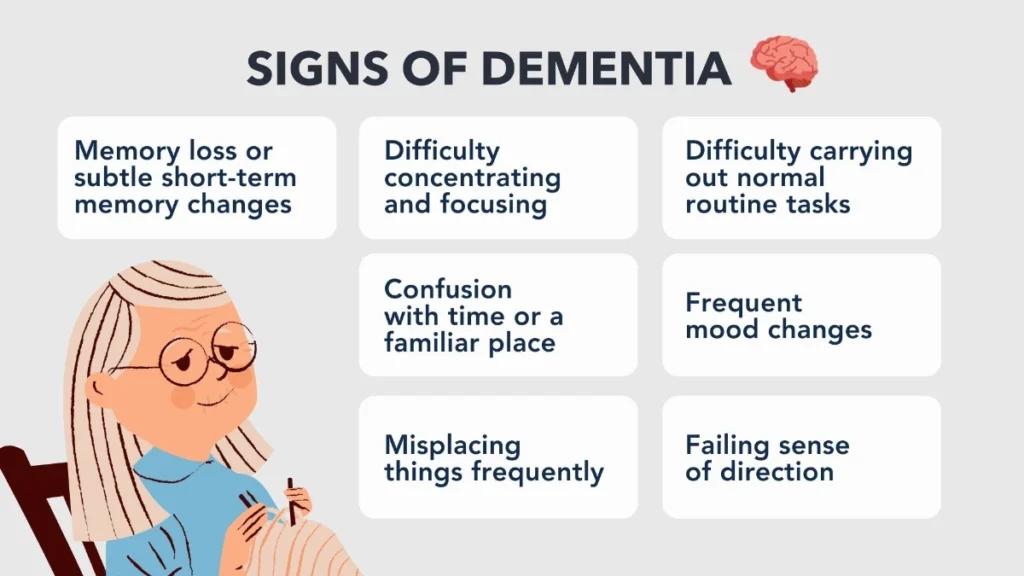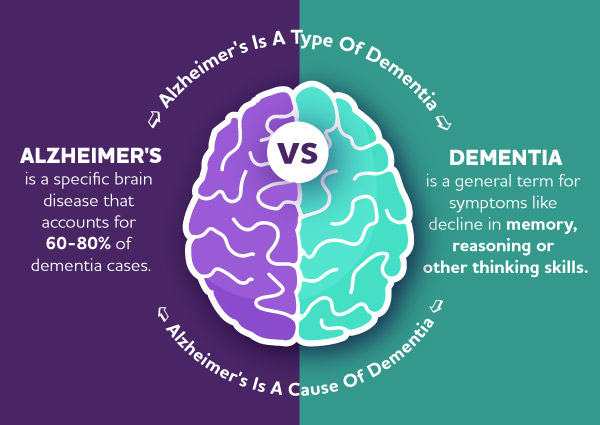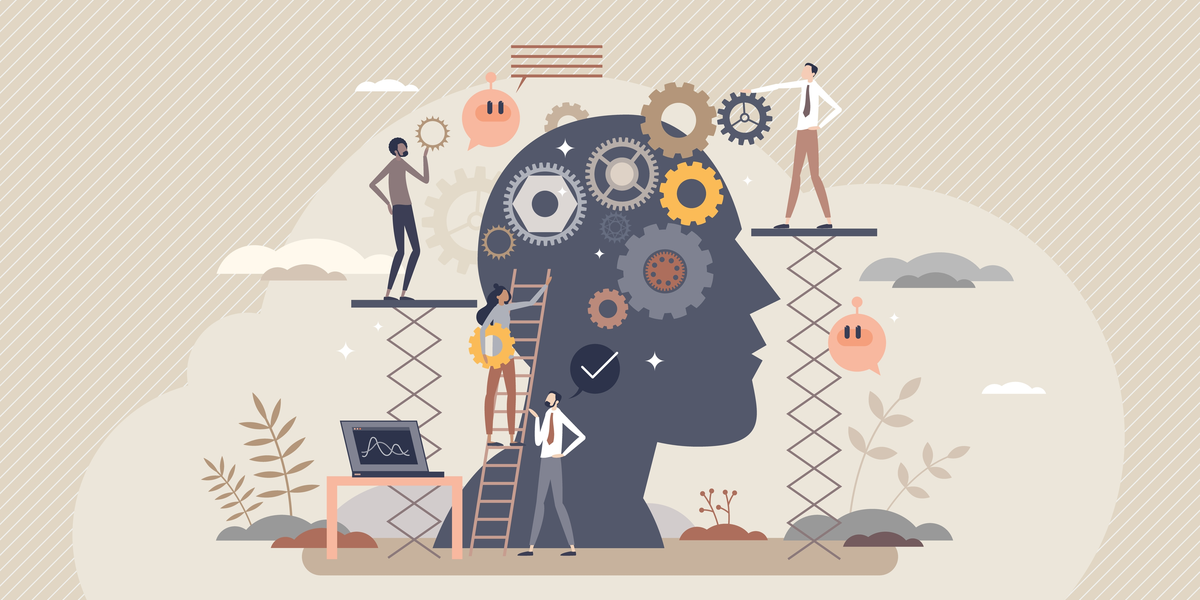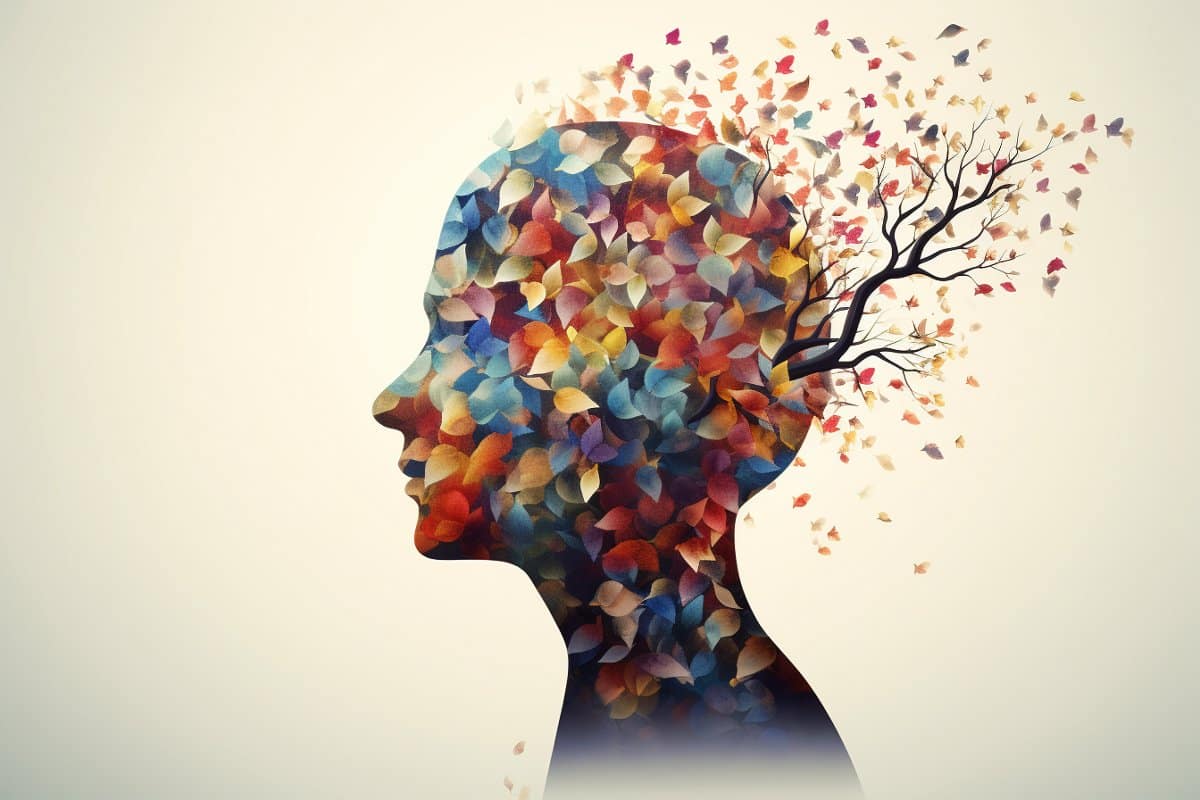Content Summary
Dementia vs. Alzheimer's: Unraveling the Distinctions
Dementia and Alzheimer's disease are terms often used interchangeably, leading to confusion about their precise meanings. While they share connections, they are distinct entities with differences in causes, symptoms, and implications for affected individuals. Let's delve into the nuances of dementia and Alzheimer's to gain a clearer understanding.
Dementia: A Broad Spectrum of Cognitive Decline
Definition
Dementia serves as an umbrella term encompassing a set of symptoms related to cognitive decline. These symptoms interfere with an individual's ability to perform everyday activities. Dementia is not a specific disease but rather a syndrome resulting from various disorders or conditions affecting the brain.
Causes
Dementia can be caused by multiple underlying factors, including Alzheimer's disease, vascular dementia, Lewy body dementia, frontotemporal dementia, and others. Each of these subtypes has unique characteristics and progression patterns.
Symptoms
Common symptoms of dementia include memory loss, confusion, impaired communication, difficulty with problem-solving, mood swings, and challenges in performing routine tasks. The specific symptoms may vary depending on the underlying cause.
Reversibility
Some forms of dementia are reversible when the underlying cause, such as vitamin deficiencies or medication side effects, is treated promptly. However, many types, including Alzheimer's disease, are irreversible and progressive.

A single factor does not cause dementia; rather, it is a syndrome resulting from various conditions that affect the brain's cognitive function. The primary causes of dementia include:
- Alzheimer's Disease: Alzheimer's is the leading cause of dementia, accounting for a significant majority of cases. It involves the accumulation of abnormal proteins (beta-amyloid plaques and tau tangles) in the brain, leading to nerve cell degeneration.
- Vascular Dementia: Caused by impaired blood flow to the brain, often due to strokes or other vascular issues. It is the second most common cause of dementia.
- Lewy Body Dementia: Characterized by the presence of abnormal protein deposits (Lewy bodies) in the brain. Symptoms include visual hallucinations, fluctuating alertness, and motor issues.
- Frontotemporal Dementia: Results from damage to the frontal and temporal lobes of the brain. Affects personality, behavior, and language.
- Mixed Dementia: Occurs when an individual has more than one type of dementia simultaneously, often Alzheimer's and vascular dementia.
- Parkinson's Disease Dementia: Some individuals with Parkinson's disease may develop dementia over time.
- Huntington's Disease: An inherited genetic disorder causing progressive degeneration of nerve cells in the brain. Leads to both physical and cognitive decline.
- Creutzfeldt-Jakob Disease (CJD): A rare, degenerative, and fatal brain disorder caused by abnormal prion proteins. Rapidly progresses and results in severe neurological symptoms.
- Normal Pressure Hydrocephalus (NPH): Buildup of cerebrospinal fluid in the brain, leading to cognitive decline, difficulty walking, and urinary incontinence.
- Traumatic Brain Injury (TBI): Severe head injuries, especially those causing repeated concussions, may increase the risk of dementia.
Alzheimer's Disease: A Predominant Form of Dementia
Definition
Alzheimer's disease is a specific and prevalent type of dementia, accounting for a significant portion of dementia cases. It is characterized by progressive cognitive decline and memory loss.
Pathology
The hallmark features of Alzheimer's include the presence of abnormal protein deposits in the brain, specifically beta-amyloid plaques and tau tangles. These deposits contribute to the degeneration and death of nerve cells.
Symptoms
The symptoms of Alzheimer's disease encompass memory loss, language difficulties, confusion about time and place, impaired judgment, and changes in personality. The progression of symptoms typically follows a predictable pattern.
Progression
Alzheimer's is a degenerative disease, meaning it worsens over time. As the brain undergoes structural changes due to the accumulation of abnormal proteins, cognitive abilities decline, affecting daily functioning.

Distinguishing Factors
- Scope: Dementia is an overarching term for cognitive decline. Alzheimer's is a specific subtype of dementia with distinct pathological features.
- Causes: Dementia has various potential causes. Alzheimer's is a primary cause of dementia but not the sole one.
- Reversibility: Some forms of dementia are reversible. Alzheimer's disease is generally irreversible and progressive.
- Pathology: Dementia lacks specific pathological markers. Alzheimer's is characterized by beta-amyloid plaques and tau tangles.
The Emerging Link Between High Blood Sugar and Dementia: Exploring New Research
Introduction:
New research is shedding light on the connection between high blood sugar and an increased risk of cognitive dysfunction and dementia. This association raises concerns about the potential long-term effects of hyperglycemia on brain health, prompting scientists to delve into various mechanisms that could be responsible for these alarming findings.
Risk Factors and Predictors
Several risk factors, including elevated levels of fats and cholesterol in the blood, have been identified as predictors of cerebrovascular problems, accelerated cognitive decline, and dementia. Now, attention is turning to the potential role of high blood sugar, or hyperglycemia, in contributing to these neurological issues.
Adverse Effects of Hyperglycemia
High blood sugar levels may lead to the production of potentially "toxic" glucose byproducts within the brain and its blood vessels. The intricate relationship between blood sugar and cognitive function involves various pathways, with scientists exploring how insulin, a key hormone, might be directly affecting nerve function, memory, and learning.
Insulin's Role in Brain Health
Insulin, crucial for glucose absorption by cells, has emerged as a potential player in the complex landscape of brain health. Disturbances in insulin levels can influence pathways in and around the brain and have recently been implicated in conditions such as dementia, brain aging, and memory loss. Understanding the impact of insulin on nerve function becomes crucial in comprehending the link between hyperglycemia and cognitive decline.
Blood Sugar Regulation and Its Importance
Blood sugar regulation is fundamental to the body's proper functioning. After meals, the pancreas secretes insulin, allowing cells to absorb glucose. However, an excess of carbohydrates can disrupt this process. The body's cells have a feedback mechanism to regulate glucose absorption, but excessive glucose in the bloodstream can lead to the formation of damaging glycation products, taking a toll on vascular tissues and blood vessels.
Effects of High Blood Sugar on the Brain
While the brain requires sugar as a primary energy source, excessively concentrated sugar can negatively impact brain tissue. Side reactions occur, leading to plaque buildup in blood vessels and between nerve cells. This accumulation of toxic glycation byproducts and oxidative damage contributes to plaque formation in the brain tissue, a phenomenon associated with severe dementia.
LAMININE and Blood Sugar Levels:
Preliminary studies suggest a potential role for LAMININE in down-regulating blood sugar levels. A small pilot study indicated statistically significant differences in blood sugar levels after 12 weeks of LAMININE supplementation. While more extensive research is needed, these findings provide promising insights into how LAMININE might support individuals with early signs of elevated blood sugar.
LAMININE as a Supportive Dietary Supplement
Drawing inspiration from traditional Asian cultures, LAMININE incorporates fertilized avian eggs, known for their cell-stimulating factors, proteins, peptides, and amino acids. Although scientific research is still in its early stages, there are indications that LAMININE may help maintain normal blood sugar levels. Personal endorsements also highlight various positive experiences, from improved sleep to fostering a positive outlook.
Watch the Video to Inform Yourself How Laminine Can Help You Improve Your Cognitive and Overall Health:
Get Your Laminine Toda and Enjoy the Many Benefits to Your Health:

Conclusion
Understanding the differences between dementia and Alzheimer's is vital for accurate diagnosis and appropriate care. While Alzheimer's is a significant contributor to dementia cases, recognizing the broader context of dementia allows for a more comprehensive approach to assessment, treatment, and support for affected individuals and their families.
As research continues, advancements in the understanding and management of both dementia and Alzheimer's offer hope for improved outcomes and enhanced quality of life for those impacted by these conditions.
Be Healthy and Happy!
Relevant Reads>>>













